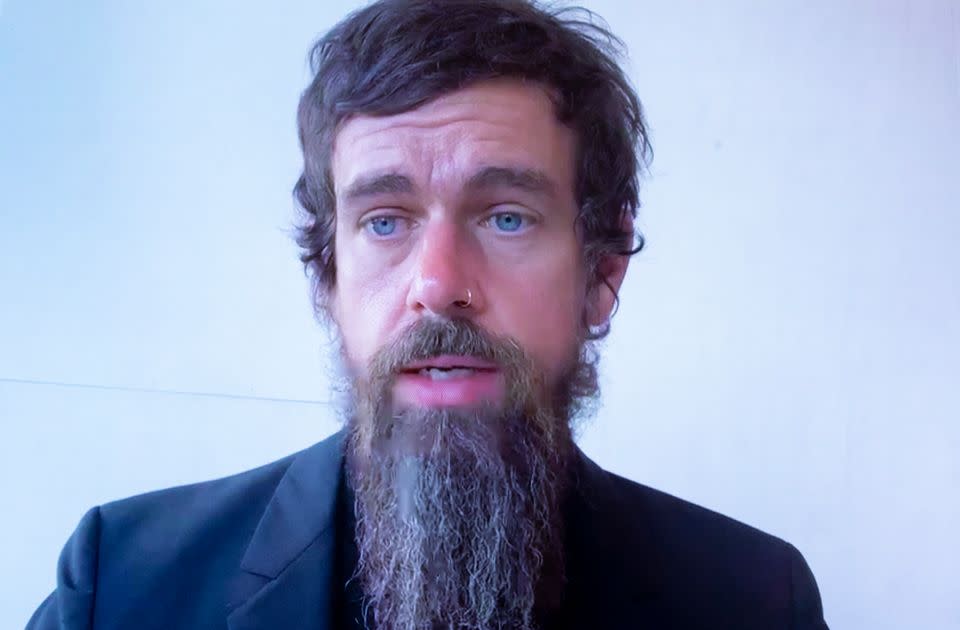European Leaders' Dislike Of Twitter's Trump Ban Reflects Their Own Failures

Almost a week after Twitter permanently banned Donald Trump and suspended his presidential campaign’s account, its chief executive used his own platform to explain the decision, a process that took 13 tweets and more than 600 words.
“I do not celebrate or feel pride in our having to ban @realDonaldTrump from Twitter, or how we got here,” Jack Dorsey wrote on Thursday. But, he added, “I believe this was the right decision for Twitter.”
Seemingly acknowledging that his decision would reignite global debate over the regulation of Big Tech, Dorsey admitted the ban highlighted the extraordinary power of Twitter and other social media companies, and warned the move could set a “dangerous” precedent.
That power has long troubled lawmakers on both sides of the Atlantic. In Europe, however, both friends and foes of Trump have been hugely critical of Trump’s ban from Twitter and Facebook, turbo-charging calls for more regulation of Big Tech to protect free speech.
“The right to freedom of opinion is of fundamental importance,” German Chancellor Angela Merkel’s chief spokesman Steffen Seiber said this week.
“This fundamental right can be intervened in, but according to the law and within the framework defined by legislators — not according to a decision by the management of social media platforms,” Seiber said. “Given that, the chancellor considers it problematic that the president’s accounts have been permanently suspended.”
Merkel’s bitter relations with Trump during his time as president makes her position even more notable. Her opinion, however, reflects the desire not just in Berlin, but across Europe, that governments — not private companies — decide curbs on free speech.
“I think there’s a real debate to be had about the status of the big internet companies and whether they should be identified as mere platforms or as publishers, because when you start editorialising, you are in a different world,” UK Prime Minister Boris...

 Yahoo Finance
Yahoo Finance 
